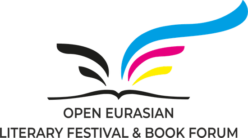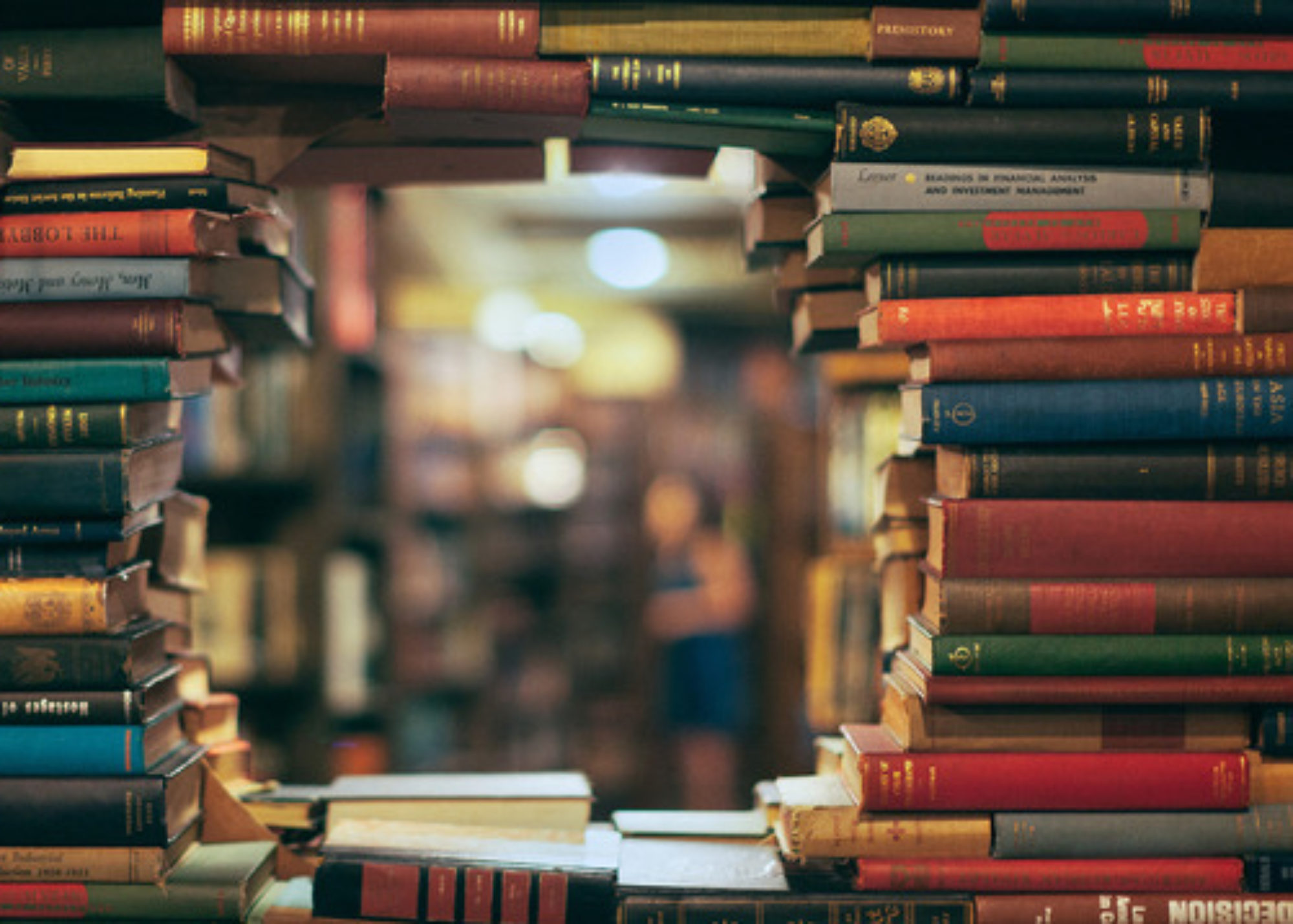Literature is an important moment in the formation of your personality, the formation of a world outlook and intelligence. Providing students with modern textbooks is the key to qualified education. Currently, the book stock of many schools and libraries is outdated and needs to be updated. There are not enough books and the information presented there does not match to the today life’s reality.
To get a solution, new methods are needed that have been successfully proved in leading international educational institutions. One of the ways of developing national literature, as well as spreading national languages among the population, is the translation, adaptation and publication of works by writers from all over the world. The different perspectives this approach can bring are invaluable.
Developed national literature is a huge advantage for any country and one of the factors in attracting international attention from professionals and tourists alike. The development of national literature helps to reduce conflict, and strengthen peace, friendship and mutual understanding between nations, because people get to know the culture of neighboring countries, their perspectives and values.
In June 2021, the Eurasian Creative Guild (London) will hold the 9th literary festival “Open Eurasian Literary Festival & Book Forum”. The festival is an annual cultural event which has taken place for the past eight years. For four days, exhibitions, seminars, scientific conferences, book fairs, book presentations, meetings with poets and writers take place concurrently.
The purpose of the forum is to draw the attention of readers and specialists to the past and present achievements of modern writers, as well as to acquaint them with representatives of publishing houses, readers, libraries, educational institutions and the media.
The main aim of the festival is to create conditions for engaging in creative activity, to create a community of talented creative people, as well as to get public attention through participation in the cultural life of the Eurasian community. An importa

